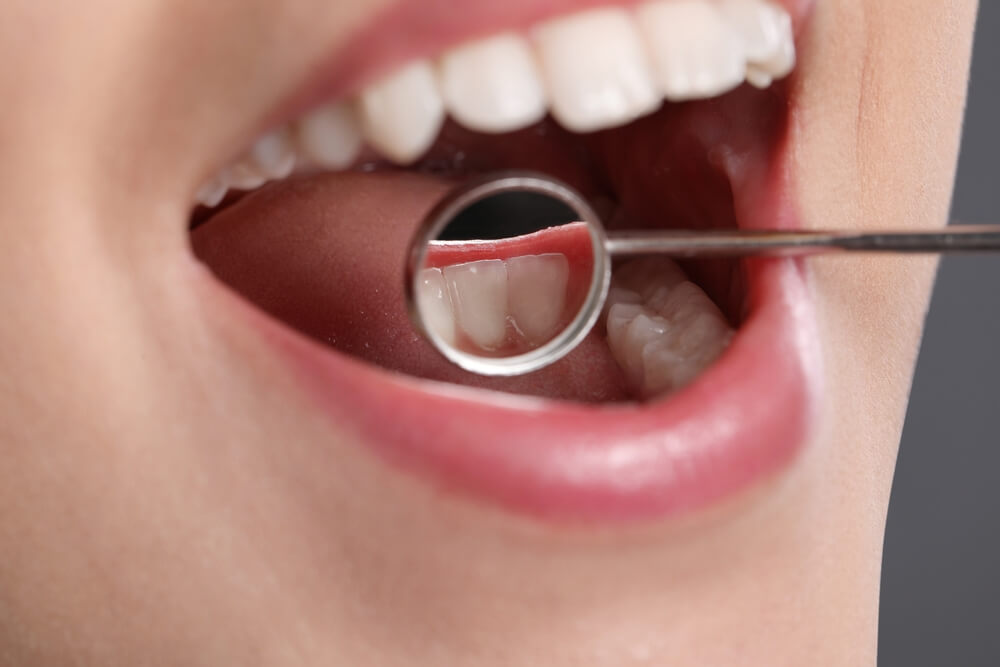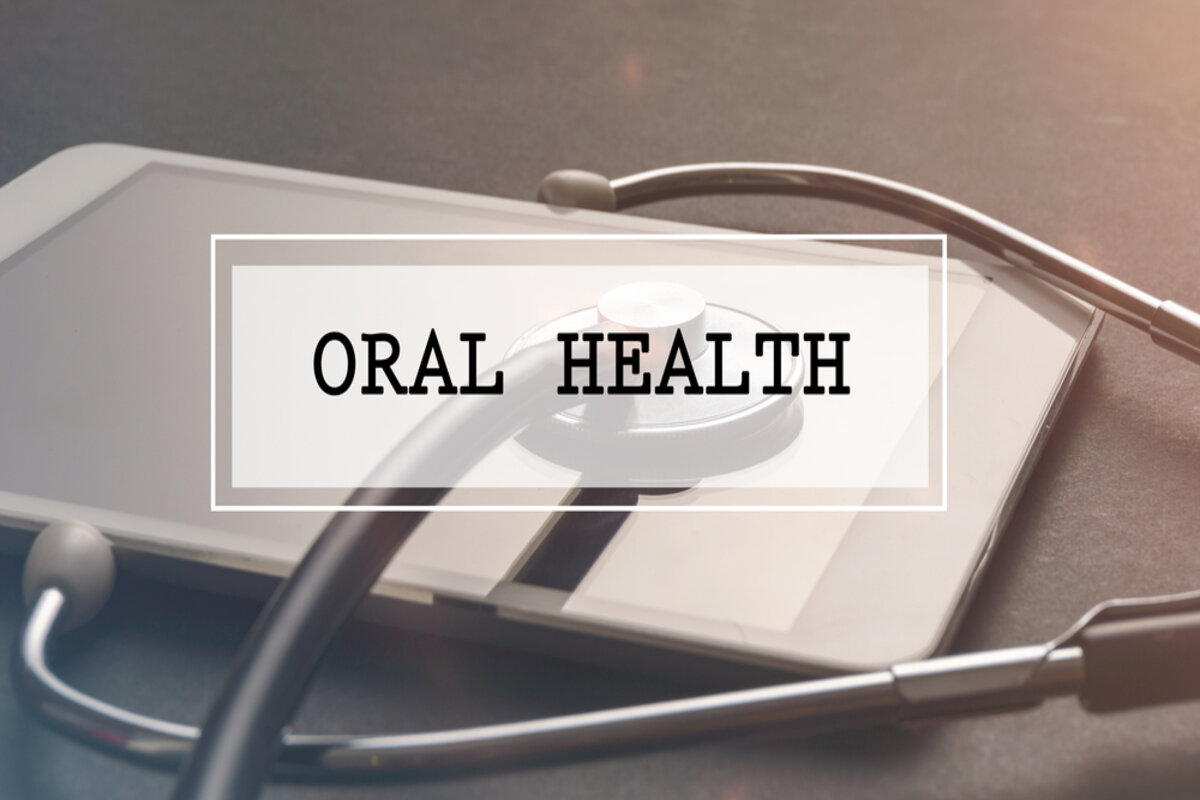Regular dental exams do much more than just check for cavities or clean your teeth—they can save lives. One of the most critical ways they do this is by detecting early signs of oral cancer. Oral cancer is a serious disease, and when caught early, the chances of successful treatment are significantly higher. Your routine dental visit could play a pivotal role in early detection, improving your chances of staying healthy. Let’s explore how these dental exams work and why they’re essential for your overall well-being.
Why Dental Exams Are More Than Just Cleanings
Many people view dental exams as routine, but they are much more than that. During these appointments, dentists don’t just focus on your teeth—they examine your entire mouth. This comprehensive examination is vital because the early stages of oral cancer are often painless and symptom-free. Dentists are trained to spot subtle changes in your oral health, making them key players in detecting conditions like oral cancer before symptoms worsen.
The Importance of Routine Dental Visits
Regular dental visits are essential for maintaining good oral health, but they also offer another crucial benefit—detecting diseases like oral cancer in their earliest stages. Early signs of oral cancer often go unnoticed by the untrained eye, which is why routine exams are vital. Dentists use advanced tools and their expertise to detect any abnormalities, such as red or white patches, lumps, or changes in the tissue, which may signal cancer.
How Dentists Identify Early Signs of Oral Cancer
Dentists have specialized training that allows them to identify the early warning signs of oral cancer. This is one of the reasons they inspect your gums, tongue, and throat during each visit. Dentists look for anything unusual, such as sores that do not heal, persistent mouth pain, or unusual lumps. They may also inquire about persistent issues like difficulty swallowing or hoarseness, which can be symptoms of oral cancer. Identifying these early signs allows for immediate action and better outcomes.
Tools and Techniques for Detection
Aside from their training, dentists often employ advanced tools to assist in detecting oral cancer. These tools can include special lights or dyes that highlight abnormal tissues in the mouth. When early signs of oral cancer are detected through these means, further tests can be ordered to confirm whether cancer is present. This early detection is critical because it can lead to more effective and less invasive treatments.
Symptoms You Shouldn’t Ignore
While dentists play a crucial role in identifying potential cancer signs, it’s important to be aware of symptoms yourself. If you notice persistent sores, lumps, or difficulty swallowing, you should see a dentist as soon as possible. Early detection of these symptoms can prevent the cancer from spreading, increasing the likelihood of a full recovery.
Risk Factors and Prevention
Several risk factors increase the likelihood of developing oral cancer, such as tobacco use, excessive alcohol consumption, and prolonged sun exposure to the lips. Regular dental check-ups are especially important if you fall into one of these high-risk categories. Taking preventative steps, like reducing tobacco and alcohol use and maintaining a healthy diet, can significantly reduce your chances of developing oral cancer. Additionally, regular screenings during your dental exams will help catch any issues early, further increasing your protection.
What Happens if Early Signs of Oral Cancer Are Found?
If your dentist identifies early signs of oral cancer, the next step usually involves a referral to a specialist for further evaluation. This may include a biopsy to confirm whether cancerous cells are present. Early detection means that treatment can begin before the cancer spreads, which greatly increases the chance of successful treatment. In many cases, if oral cancer is detected early, the treatment may be less aggressive and have a higher success rate.
The Role of Follow-Up Care
Follow-up care is essential after any positive diagnosis, even if it’s caught early. Dentists work closely with specialists to ensure that you receive the appropriate care. Ongoing monitoring and additional treatments, if necessary, help ensure that any cancerous cells do not return or spread.
Conclusion

Dental exams are more than just a way to maintain a bright smile—they could save your life. By detecting early signs of oral cancer, your dentist is doing much more than checking for cavities; they are safeguarding your health. If you’re overdue for a dental exam, scheduling one could be the best decision for your long-term well-being. Early detection is the key to effective treatment, so make regular dental visits a priority in your health routine. Contact Indian Trail Dental Studio today to schedule your appointment and take the next step toward protecting your oral health.


